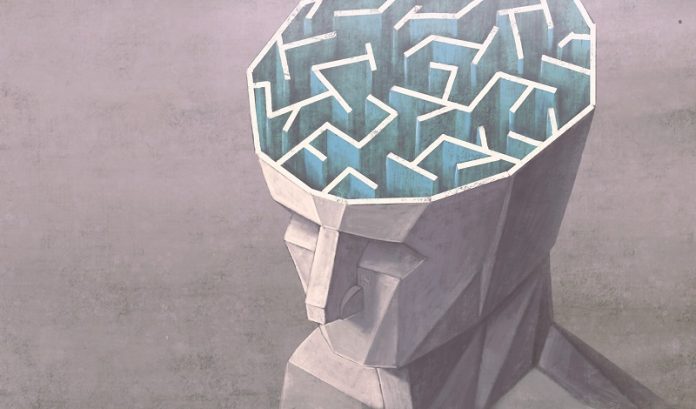
Social connections are essential for mental health, and this is especially true for older adults at risk of or living with dementia.
Dementia affects memory, thinking, and behavior, and research shows that social isolation—being physically or emotionally disconnected from others—can speed up its progression.
Understanding how loneliness impacts the brain can help caregivers and families take steps to slow down cognitive decline.
When someone is socially isolated, their brain doesn’t get as much stimulation. Just like muscles weaken without exercise, the brain needs regular challenges to stay sharp.
Interacting with others encourages thinking, problem-solving, and emotional engagement, all of which keep the brain active. A lack of this stimulation can accelerate memory loss and other symptoms of dementia.
Research provides strong evidence for this connection. A study published in The Lancet Public Health found that older adults who experienced loneliness or lived alone were more likely to develop dementia over a 10-year period.
This study emphasized that it’s not just being physically alone that matters but also feeling lonely, even when surrounded by others.
Loneliness causes stress, which affects the brain and body by raising levels of cortisol, a stress hormone that can damage memory-related areas of the brain like the hippocampus.
Another study in Neurology examined over 2,000 participants and found that socially isolated individuals had smaller brain volumes in key areas associated with memory and cognition. This brain shrinkage was linked to faster progression of dementia symptoms.
Researchers believe that social interaction helps maintain these areas of the brain, while isolation causes them to deteriorate more quickly.
Depression often accompanies social isolation and further worsens cognitive decline. Studies show that depression can shrink brain regions critical for thinking and memory, and isolated individuals are more likely to become depressed.
This creates a harmful cycle where isolation worsens dementia symptoms, and those symptoms make it harder for people to seek social interactions.
Physical activity, often linked to social engagement, also plays a role. Many social activities, such as walking with friends, group exercise, or dancing, involve movement that benefits brain health.
Without these opportunities, isolated individuals may be less physically active, which adds to the risk of faster dementia progression.
A study in Alzheimer’s & Dementia showed that people who were both socially and physically active had better cognitive outcomes compared to those who were isolated and inactive.
The good news is that addressing social isolation can make a difference. Studies have shown that even small increases in social engagement can slow the progression of dementia.
Programs that involve group activities, community engagement, or regular family visits help improve mental stimulation and emotional well-being. Digital technology, like video calls, has also been shown to reduce feelings of isolation, particularly for those who can’t leave their homes.
Caregivers and families play an essential role in keeping loved ones connected. Encouraging participation in hobbies, regular conversations, or group activities can provide the social stimulation that is crucial for brain health.
Volunteering or joining support groups can also give people a sense of purpose and belonging, which can help maintain cognitive abilities.
In summary, social isolation has a significant impact on dementia progression, but it is not an irreversible situation. Building meaningful connections and staying socially active can help slow cognitive decline and improve quality of life.
Recognizing the importance of relationships and emotional well-being is key to supporting individuals with dementia.
If you care about brain health, please read studies about how the Mediterranean diet could protect your brain health, and Omega-3 fats and carotenoid supplements could improve memory.
For more information about brain health, please see recent studies about antioxidants that could help reduce dementia risk, and higher magnesium intake could help benefit brain health.
Copyright © 2024 Knowridge Science Report. All rights reserved.



